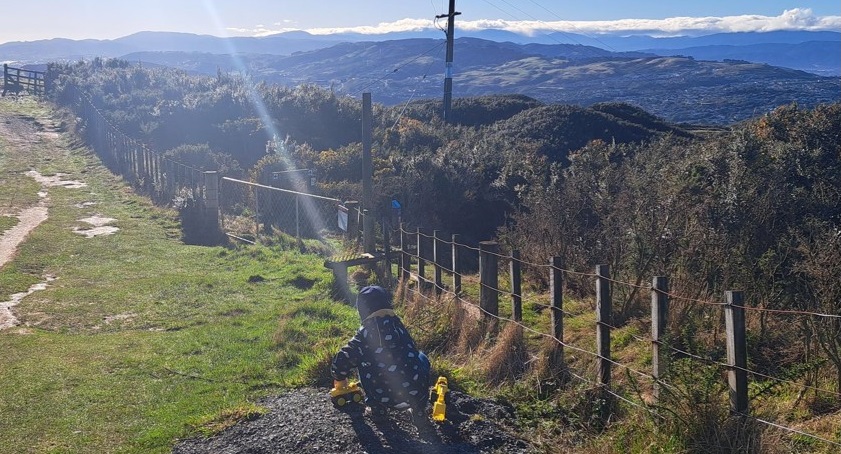Urban planning has long overlooked the everyday realities of parents and caregivers, privileging productivity, autonomy, and efficiency over care, interdependence, and embodied needs. In response, we present Parent-Centred Urbanism (PCU): a care-full and emergent framework that positions parenting as a vital urban practice and calls for planning approaches that support diverse caregiving realities. Developed through a weaving of theory and empirical research -including walking interviews, surveys, and a parent–stakeholder workshop - PCU brings together more-than-human relational care ethics, reproductive justice, and decolonial urban theory.
PCU offers three key “carescapes” that operationalise the framework: shared spaces, walkable towns and cities, and socio-material microstructures. These highlight the ways in which care is spatially practiced, materially shaped, and socially distributed across urban environments. For planners, a core learning is that small-scale, everyday urban features and overlooked urban materialities - benches, shade, signage, pavements, puddles - can profoundly shape parents’ experiences of belonging and care. The research also highlights the need to plan for flexible, care-responsive rhythms of time and movement, non-linear mobilities, and more-than-human encounters as essential to parental wellbeing.
Rather than prescribing universal solutions, PCU promotes place-based, process-oriented, and participatory planning that centres parents’ lived experiences. It invites planners to reframe care not as a private issue, but as a collective urban responsibility. This project outlines implications for planning practice and urban governance, including the importance of co-design, care-full planning, and inclusive mobility planning. PCU challenges the field to imagine cities that do not simply accommodate parents - but actively affirm them.
Related publications and media mention
- Call to redesign cities for families: ‘Walking is what keeps me sane as a parent’, Newsroom, 2026.
- Schindler, M., Neely, E. and Power, E.R. (2026). Care-in-motion: Rethinking walking, health and the planning of urban environments for new parents Journal of Transport & Health.
- Schindler, M. and Neely, E. (2024). Venturing outside: Local journeying, belonging and new parenthood Health & Place.
- Wellington’s urban density balancing act. As Wellington follows the trend of increasing housing densification seen in other cities, how can it ensure parent-centred urban planning?, Newsroom, 2024.
- Neely, E. and Schindler, M. (2025). Walking as socio-material micro-structures for new parents: Slow mobilities, puddles and the everyday Wellbeing, Space and Society.
- Parent-Centred Urbanism: An interview with Dr Eva Neely
